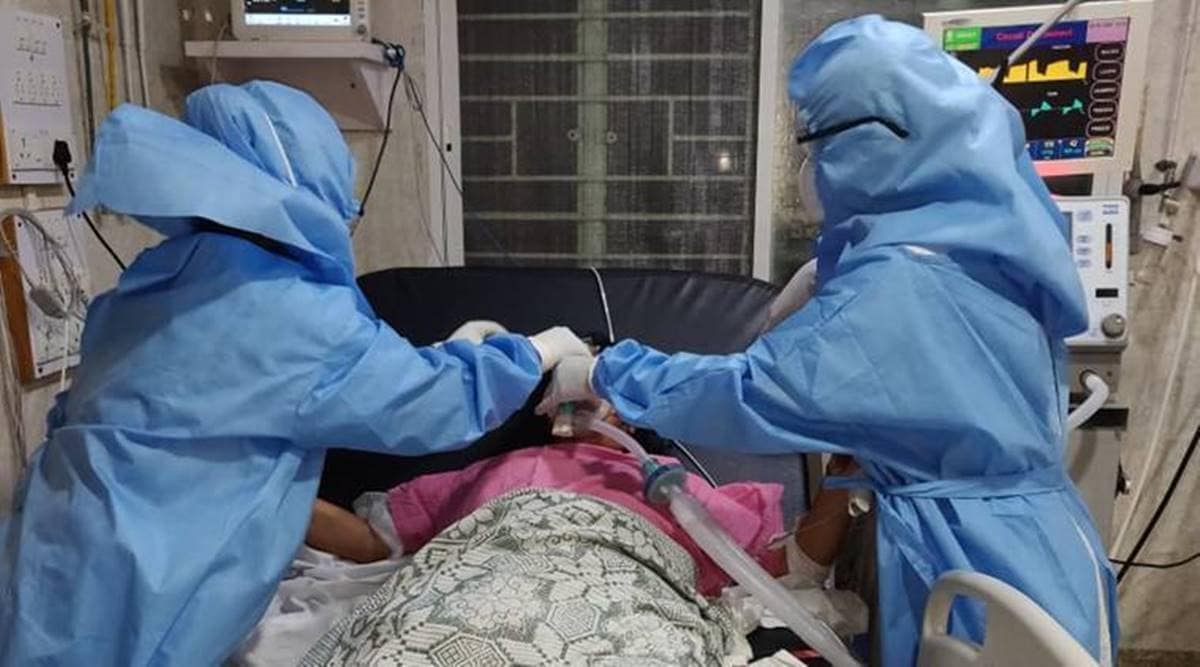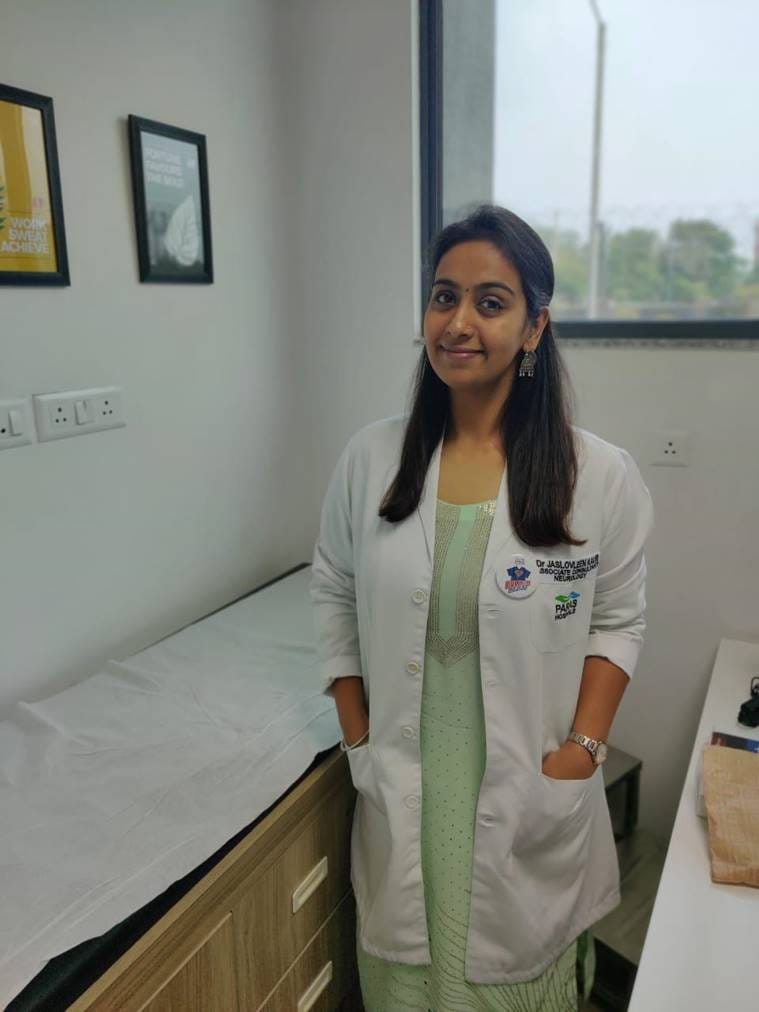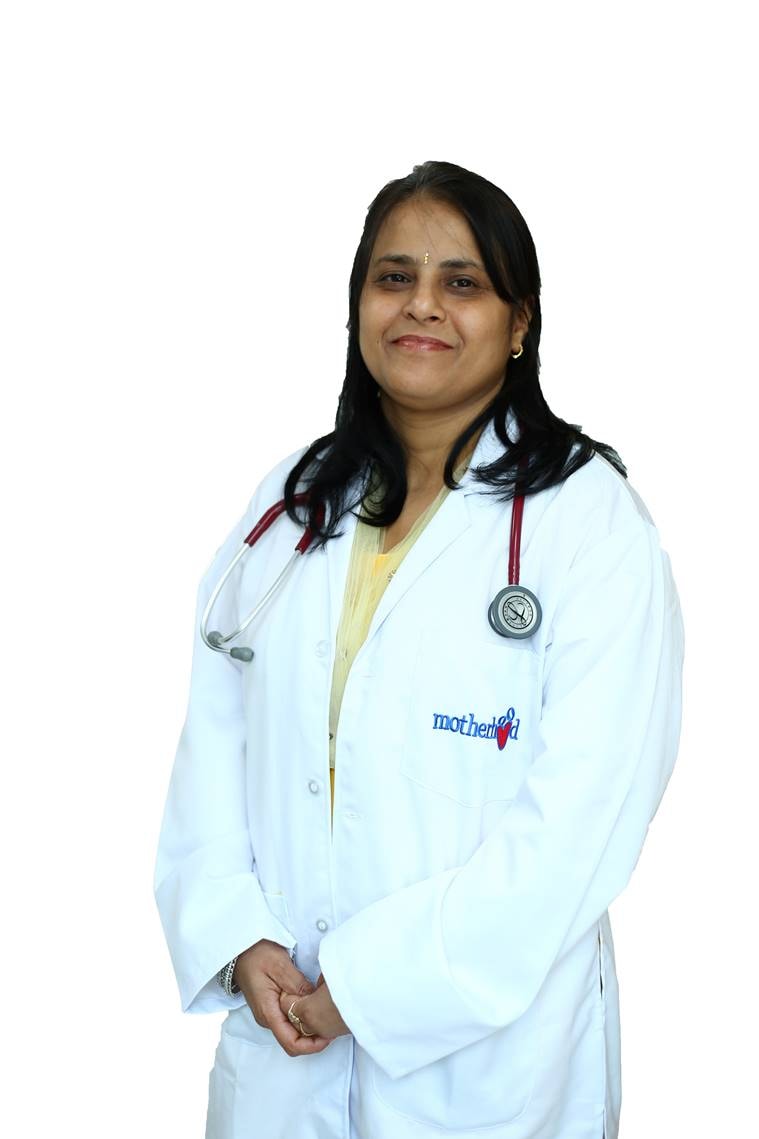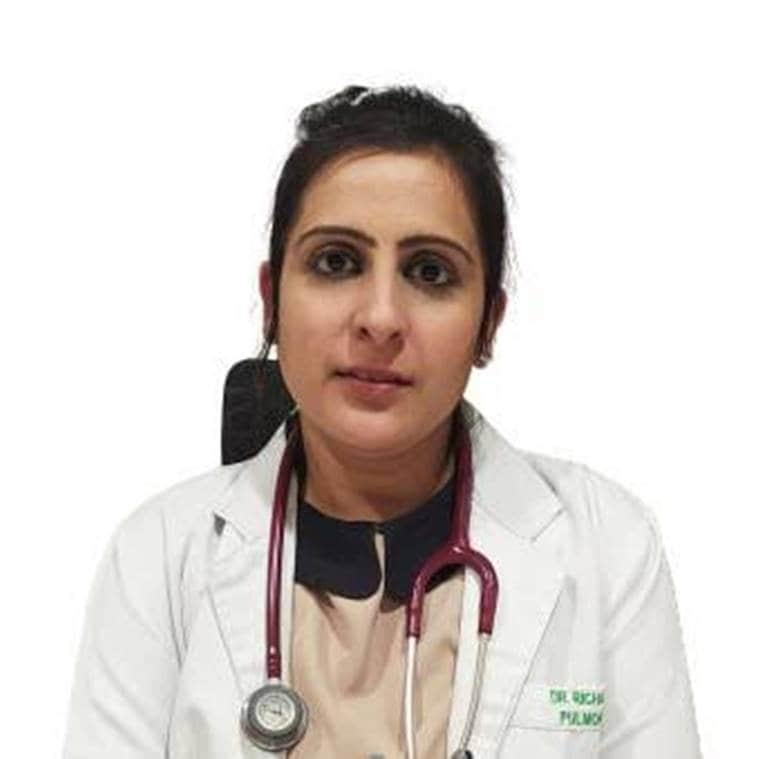Have to wear sanitary pad with diaper for hours: Female doctors on challenges of wearing PPE
Even as one takes extra precautions, wearing a sanitary pad or tampon for a long duration increases the risk of other health hazards

There is a reason why health professionals are being dubbed “warriors” in the wake of the COVID-19 pandemic — not just because they brave the virus to attend to patients but also because of the trying circumstances under which they work.
Amid the usual risks of infection in a healthcare centre, what adds to the challenge is the PPE (personal protective equipment) that is mandatory for doctors and nurses who work in COVID-19 wards.
What is PPE?
PPE is an assortment of protective equipment that health workers wear to prevent infection. This includes a gown or coverall for the body along with a headcover, goggles, face mask and face shield, gloves for the hands and rubber boots for the feet. That is not all, health workers also need to follow certain guidelines while donning and doffing a PPE.

The absolute necessity of PPEs, given the COVID-19 menace, is beyond debate. But the protective gear comes with certain restrictions. Once a health worker dons a PPE, they cannot remove it till the time they are working. This means they have to wear it for prolonged hours. And since they cannot doff it, there is no possibility of going to the toilet, to avoid which, they cannot drink fluids or eat. Eating and drinking would anyway require one to remove their mask which is prohibited.
Challenges of wearing PPE
“We usually wear a diaper for passing urine,” Dr Jaslovleen Kaur, neurologist, Paras Hospital, Panchkula, told indianexpress.com, who has to wear a PPE for eight hours straight on a regular basis. While this is a challenge for all health workers, female professionals perhaps need to make more compromises, given their physiological make-up. The situation becomes difficult especially when they menstruate. “When you are menstruating, you are wearing a sanitary pad along with a diaper, and you cannot even change it for eight hours. So we take extra precautions. I have never used XL sanitary pads or tampons in my life but now I have to wear them. With a tampon particularly, it is a little more comfortable to wear a diaper.”

Those who bleed heavily also resort to using two pads or more while they are in their PPE, added Dr Sandeep Chadha, consultant obstetrician and gynaecologist, Motherhood Hospital, Noida. And women would know how uncomfortable that can be.

Wearing a pad for prolonged hours increases health risks
Even as one takes extra precautions, wearing a sanitary pad or tampon for such a long duration increases the risk of other health hazards. “The environment inside the PPE is very hot and humid. And since you do not get to change your pad for six to eight hours, the humidity and heat can lead to infection in the genital tract,” Dr Richa Sareen, consultant, Pulmonology and Critical Care Medicine, Fortis Hospital Vasant Kunj, highlighted.
Once you take off a PPE, it cannot be reused; you will have to wear a new one. “There have been instances where some of my colleagues started menstruating in the PPE. So it is a choice between wasting a PPE or continue wearing it. But of course, you cannot keep wearing the soiled PPE and have to remove it,” she remarked.

One cannot possibly imagine how health workers have trained themselves to perform their duties without food and water for hours, even as experts stress on sufficient intake of nutrients and water during periods to retain physical strength as they lose blood and alleviate painful menstrual symptoms. This only leaves one dehydrated and causes giddiness and low blood pressure, the doctor further explained.
Physical distress during periods also affects one’s mental wellbeing. “One tends to get irritable if there is heavy bleeding or pain. We have to wear PPE for six hours. And we cannot eat or drink when in the PPE which only makes us feel more fatigued. When we ourselves are suffering, how do we give our 100 per cent to the patient?” expressed Arati Madhavi, nursing manager, Suasth Hospital, Navi Mumbai.
A senior female resident from AIIMS Delhi (who chose to be anonymous) recounted how she had to complete her work shift of six hours even as she experienced shooting pain on the first day of her period. “There was no way to remove the mask and goggles and rest. I could not take any medicine or even drink water. And just then I had also received a COVID-19 patient in the ICU. So I continued working in that situation and it took us almost three hours to stabilise the patient. Thankfully, that is when my shift also ended,” she said.
‘Inside a PPE, clothes get soaking wet with sweat’
Dr Sareen, a COVID-19 survivor herself, recalled the first time she wore a PPE after resuming duties at the hospital post-recovery. “I started sweating very badly when I donned the PPE for the first time. By the end of one’s shift, the clothes you wear are soaking wet with sweat. This also causes dehydration with no water intake,” she stated.
She further talked about how a PPE compromises the health of breastfeeding mothers as well. “One of my other colleagues was a lactating mother–she was not sleeping well at night because she had to wake up frequently to breastfeed. Besides, there are hormonal imbalances in breastfeeding mothers. They tend to sweat a lot and feel giddy. Likewise, our colleague also had low blood pressure and was experiencing giddiness,” she said.
‘A doctor’s world is not so simple’
Working in such challenging situations is not new for female health workers. Dr Kaur said, “In our training phase, women faced similar issues. There were times when we could not use a washroom because there were none nearby. So, we have kind of been used to it but of course, the situation is much more difficult now.”
Despite this, doctors do not prefer taking leave. “We cannot ever say ‘no’ to escape the situation when we are on our periods. I have never taken leave because of it because women are already looked down upon as the “weaker sex”; taking leave for periods would all the more make it look like we are not competent enough. But yes, I would perhaps take leave only if I am not at all in a condition to perform my duties,” she added.
Dr Chadha agreed. “A doctor’s world is not so simple; you cannot take a leave because of your personal problems, especially in India, where the number of doctors is anyway restricted,” she remarked.
? The Indian Express is now on Telegram. Click here to join our channel (@indianexpress) and stay updated with the latest headlines
For all the latest Lifestyle News, download Indian Express App.
Source: Read Full Article



